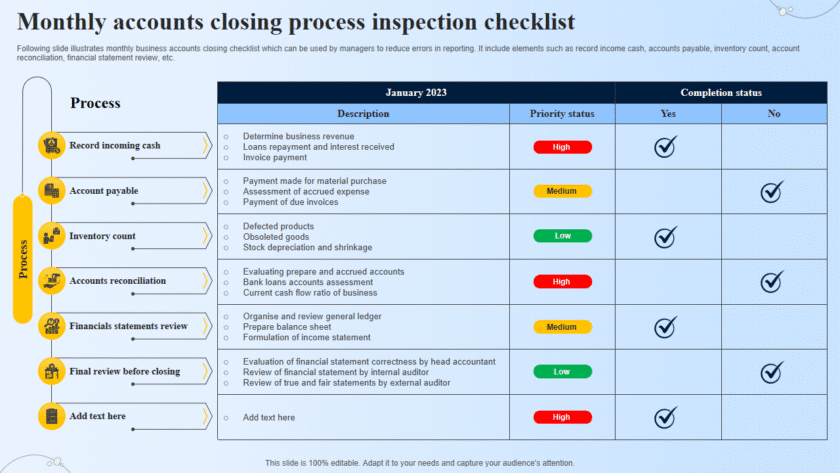Cyber threats pose significant risks to your PC, affecting everything from data integrity and privacy to system performance and security. Here are some of the primary risks associated with cyber threats to your PC:
1. Data Breaches and Theft
- Personal Information Theft: Cyber threats can lead to the theft of sensitive personal information such as passwords, social security numbers, and banking details. This data can be used for identity theft and financial fraud.
- Corporate Data Theft: If you store work-related information on your PC, cyber threats can result in the loss or unauthorized access to proprietary business data.
2. Malware Infections
- Viruses and Worms: These types of malware can corrupt files, slow down your PC, and cause it to behave unpredictably. Worms can spread across networks, infecting other devices.
- Ransomware: This type of malware encrypts your files and demands a ransom payment for their release. Ransomware attacks can render your PC unusable and lead to data loss if backups aren’t available.
- Spyware and Keyloggers: Spyware secretly monitors your activities and collects information, such as browsing habits and login credentials. Keyloggers record your keystrokes, capturing sensitive data like passwords.
3. Phishing Attacks
- Credential Theft: Phishing emails or websites trick you into entering your login details, which are then stolen by attackers. This can lead to unauthorized access to your accounts.
- Financial Fraud: Phishing attacks can deceive you into providing credit card information or other financial details, resulting in unauthorized transactions.
4. System and Software Exploits
- Unpatched Vulnerabilities: Cybercriminals exploit vulnerabilities in outdated software or operating systems to gain unauthorized access to your PC. This can lead to further malware infections or data breaches.
- Remote Code Execution: Certain exploits allow attackers to run malicious code on your PC without your knowledge, potentially giving them full control over your system.
5. Denial of Service (DoS) Attacks
- System Overload: A DoS attack can overwhelm your PC’s resources, causing it to crash or become unusable. Although more common in networks, PCs can be targeted by these attacks, especially if they are part of a larger botnet.
6. Loss of Privacy
- Unauthorized Webcam/Microphone Access: Cyber threats can enable hackers to take control of your PC’s webcam or microphone, spying on you without your knowledge.
- Tracking and Profiling: Some malware or cyber attacks can track your online activities, build profiles, and sell this information to third parties, infringing on your privacy.
7. Financial Losses
- Bank Account Compromise: If cybercriminals gain access to your banking details through your PC, they can initiate unauthorized transactions, leading to financial losses.
- Ransom Payments: In the case of ransomware, you may be forced to pay a ransom to regain access to your files, though paying does not guarantee their return.
8. Reputation Damage
- Social Media Hijacking: If attackers gain access to your social media accounts, they can post malicious content, scam your contacts, or damage your reputation.
- Email Compromise: Cyber threats can result in the compromise of your email account, leading to the distribution of spam or phishing emails from your address.
9. Permanent Data Loss
- Corruption by Malware: Some cyber threats, like certain types of ransomware or destructive viruses, can permanently delete or corrupt files, leading to irreversible data loss.
- Failed Recovery Attempts: In some cases, attempts to remove malware or recover from an attack can result in further data loss if not handled properly.
10. Legal and Compliance Issues
- Violation of Regulations: If you store sensitive data (such as customer information) on your PC and it is compromised, you may face legal consequences for failing to protect that data, depending on relevant data protection regulations.
Conclusion
Cyber threats can severely impact the security, functionality, and privacy of your PC. To mitigate these risks, it is essential to use updated antivirus software, implement strong passwords, regularly back up your data, and be vigilant against phishing attempts. Regularly updating your operating system and software is also crucial to patch vulnerabilities and reduce the risk of exploitation.






